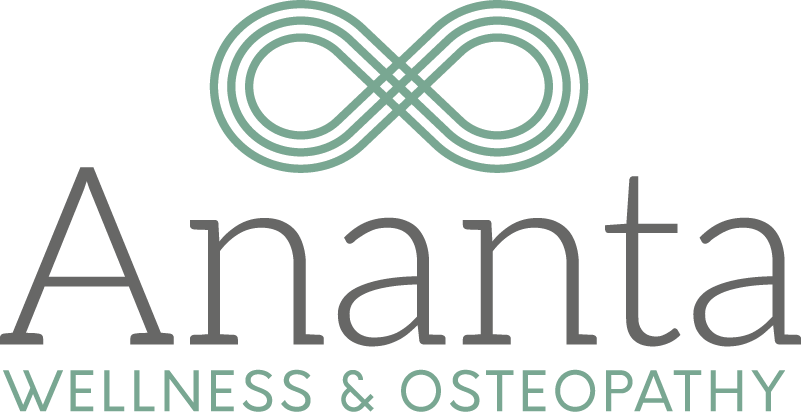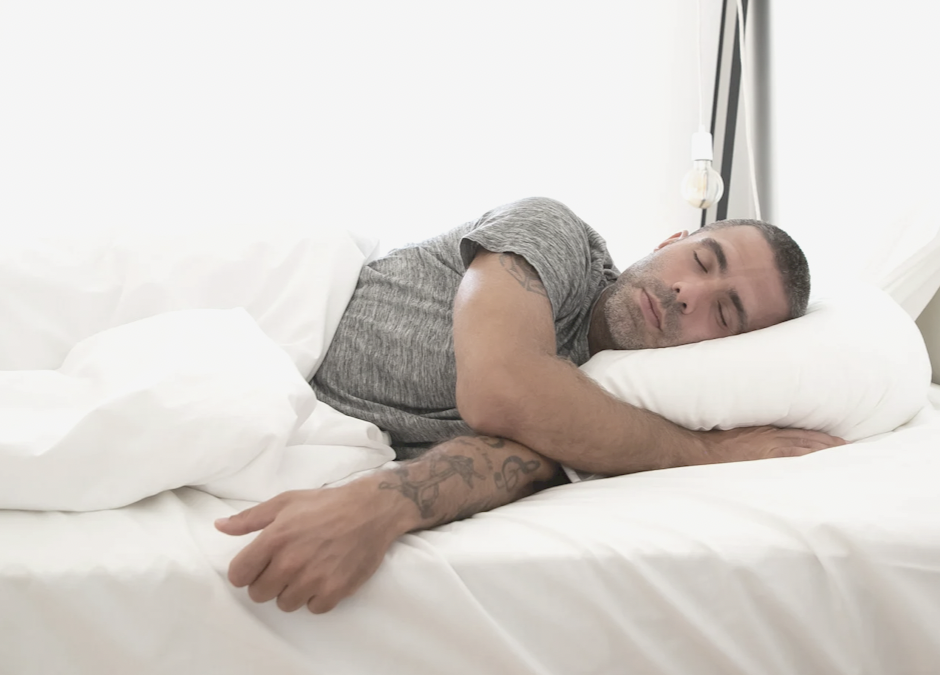Why Sleep?
Quality sleep is a cornerstone of both physical and emotional well-being, yet it’s often the first casualty of stress and busy schedules. Despite the challenges in finding time for adequate rest, investing in extra hours of shut-eye is unquestionably rewarding.
Adults are typically advised to aim for 8-9 hours of sleep, contingent on individual lifestyle factors like exercise routines and family commitments. Children and teenagers, on the other hand, often require more sleep. The benefits of consistently enjoying restorative sleep are numerous, ranging from bolstering immunity (particularly relevant today) to maintaining hormonal health, enhancing emotional stability, refining focus and concentration, and fortifying memory.
Athletes and those with active lifestyles stand to gain even more, with improved post-workout recovery and diminished risk of diminished fine motor skills or compromised physical performance in terms of strength and endurance.
How to achieve optimal sleep?
Achieving the optimal amount of sleep can be challenging, but there are practical strategies to consider:
-
Steer clear of caffeine after 2 pm.
-
Establish a regular wake time and retire to bed when drowsy.
-
Maintain a dark, cool sleeping environment.
-
Keep away from bright lights, including the blue light from screens, before bedtime.
-
Cap naps at a maximum of 90 minutes.
-
Consider using guided meditation apps to relax your mind before sleep.
Consistency is paramount in adopting these habits. Crafting and adhering to a sleep routine, even if you occasionally miss a night, is often the most effective approach.
Most people are familiar with the contrast between a night of restless sleep and a deeply restorative one, although the latter may be rarer than desired. While the allure of sleeping pills may be tempting, they are typically discouraged except in severe cases, as they can disrupt the body’s natural circadian rhythm and melatonin production, both of which play crucial roles in regulating the need for and the production of natural sleep.
More support on Sleep?
If you’re interested in delving deeper into this topic, feel free to reach out to me, Jai, Osteopathic Practitioners at Ananta for further information or book an appointment, you can book online or reach Jai at jai@anantaosteopathy.com
Need more information?
Here are some valuable resources on sleep that you may find helpful.
-
‘Why we sleep: The new science of sleep and dreams’ by Matthew Walker
-
Huberman Lab Podcast with Matthew Walker
-
Sleephub Podcast
Our Osteopathic Practitioners do not diagnose or practice medicine, nor do we attempt to treat disease. If you are concerned about any medical pathology and/or disease, always consult your physician prior to exploring Osteopathic Manual Therapy.

